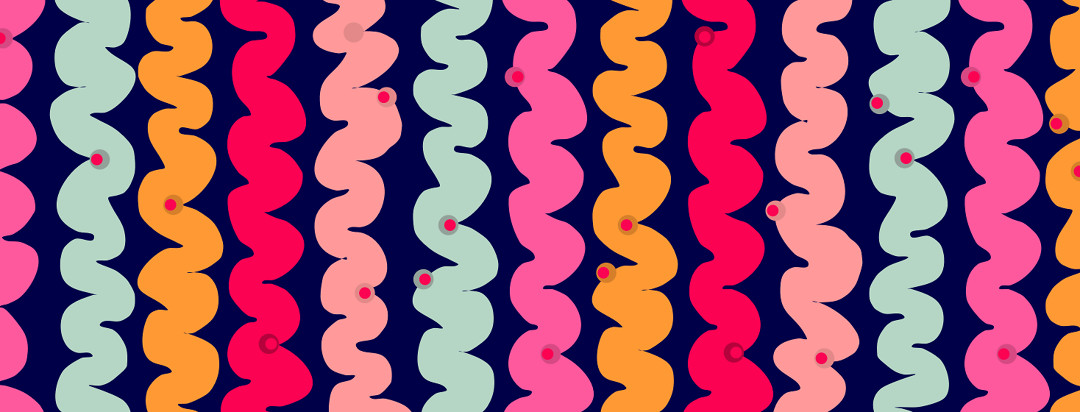Living With IBS and Diverticulitis
Have you ever been diagnosed with diverticulitis? Do you suffer from diverticulitis flare-ups along with your IBS? Thankfully, it has been several years since my last diverticulitis episode. As a nurse, I’ve seen firsthand how much pain patients are in with diverticulitis, but sometimes, in my case, my nursing and mother of 2 judgment does not apply to myself!
Is it IBS or diverticulitis?
I thought I was having a terrible IBS-D flare. Unfortunately, I had eaten fried chicken fingers for lunch that day and was definitely shaming myself for it! The stomach pain was near unbearable. I couldn’t stand up straight, was extremely nauseated and in a cold sweat, and experiencing diarrhea. Long story short, my primary care physician ordered lab work and an abdominal/pelvic CT scan, which showed inflammation of my colon. I was put on antibiotics, but it took a while to recover from it. I was sore and was terrified to eat anything, along with worrying I was going to have another episode while away from home. That’s definitely one of my biggest fears living with IBS! After having several episodes, I knew I had to make some lifestyle changes with my diet.
What are the differences and similarities between IBS and diverticulitis?
It can be difficult to distinguish a diverticulitis flare-up from an IBS episode when it occurs. Diverticulitis is an ACUTE condition that is caused when the diverticula becomes infected. The bacteria, sometimes caused by trapped stool, will develop into an infection. It can cause diarrhea, bloating, fever, and abdominal pain. It’s typically treated with oral antibiotics but can require hospitalization or surgery with increased severity.1
Community Poll
Are you living with diverticulitis in addition to IBS?
IBS vs. diverticulitis misdiagnosis
Diverticulitis can be misdiagnosed as IBS in some people, according to one study. Researchers examined records from 3,836 people with IBS and 67,827 without IBS identified from 2000 to 2002. They examined how often these patients were diagnosed with antibiotic-treated diverticulitis in the hospital or clinic setting from 2003 to the end of these studies. The researchers determined that outpatient or clinically diagnosed, antibiotic-treated diverticulitis increased 3-fold in people with IBS. Also, 1 in 5 patients was misdiagnosed by their primary care provider for their initial episodes, but additional misdiagnoses happened due to pain symptoms.1
My experience with diverticulitis
Speaking from my own experiences, especially looking back now, my diverticulitis episode was much worse than what I experienced when my IBS had a flare. I remember telling my husband the pain was comparable to childbirth! Unlike diverticulitis being acute, IBS is a chronic condition with periodical flare-ups. Like diverticulitis, IBS can cause bloating, pain, diarrhea, and constipation. While IBS does not increase your risk of developing diverticulitis, studies have shown that individuals that suffer from diverticulitis may be more likely to develop IBS-type symptoms. Interestingly enough, researchers observed a diverticulitis post-infection group and concluded that anxiety within individuals in this group was high.1
I can’t stress enough how it is so important to see a physician if you are unsure, or are having increased or worsening symptoms. My theory is always, "It's better to be on the safe side!”
Community Poll
Does your IBS prevent you from attending public events?

Join the conversation